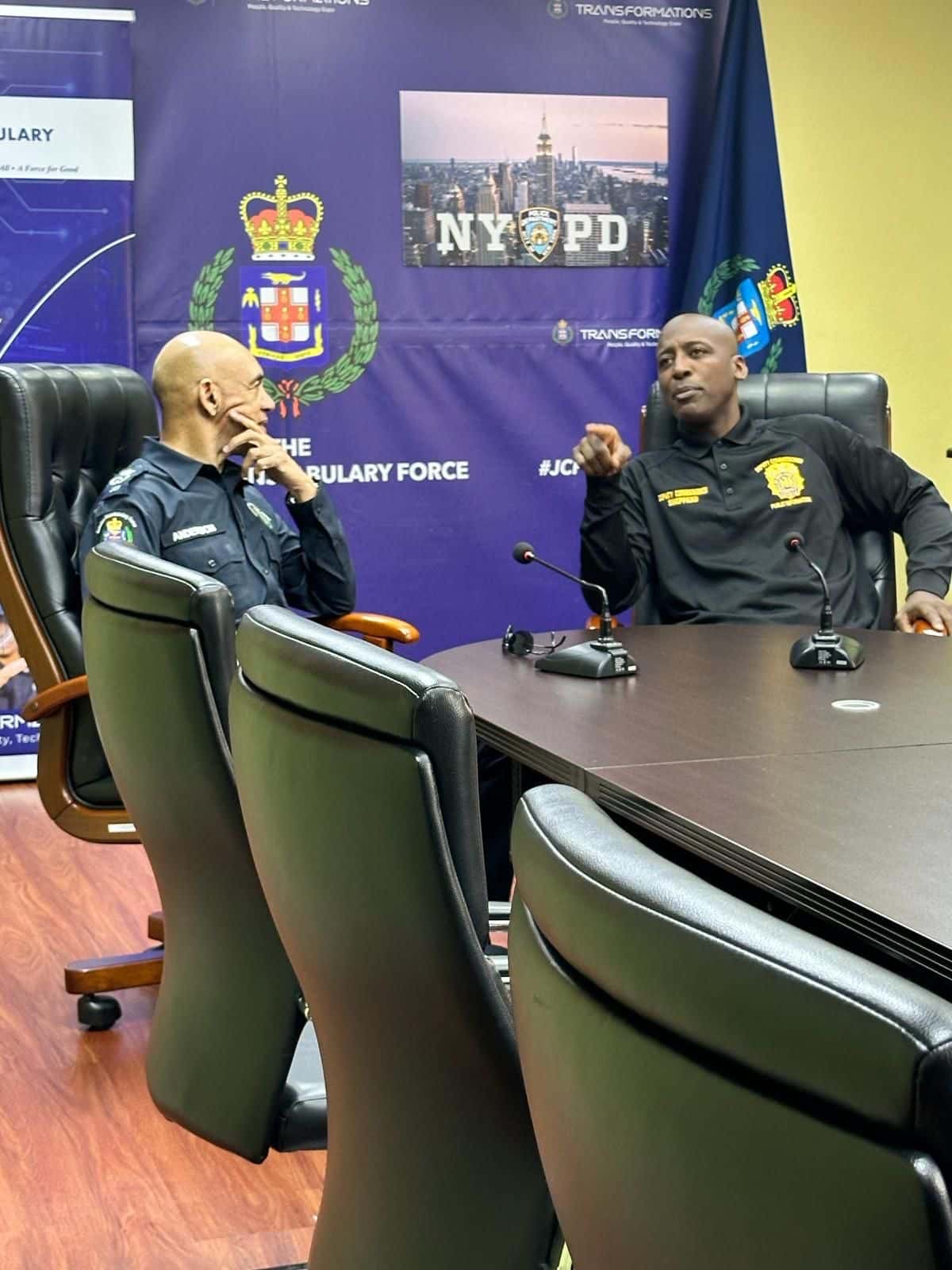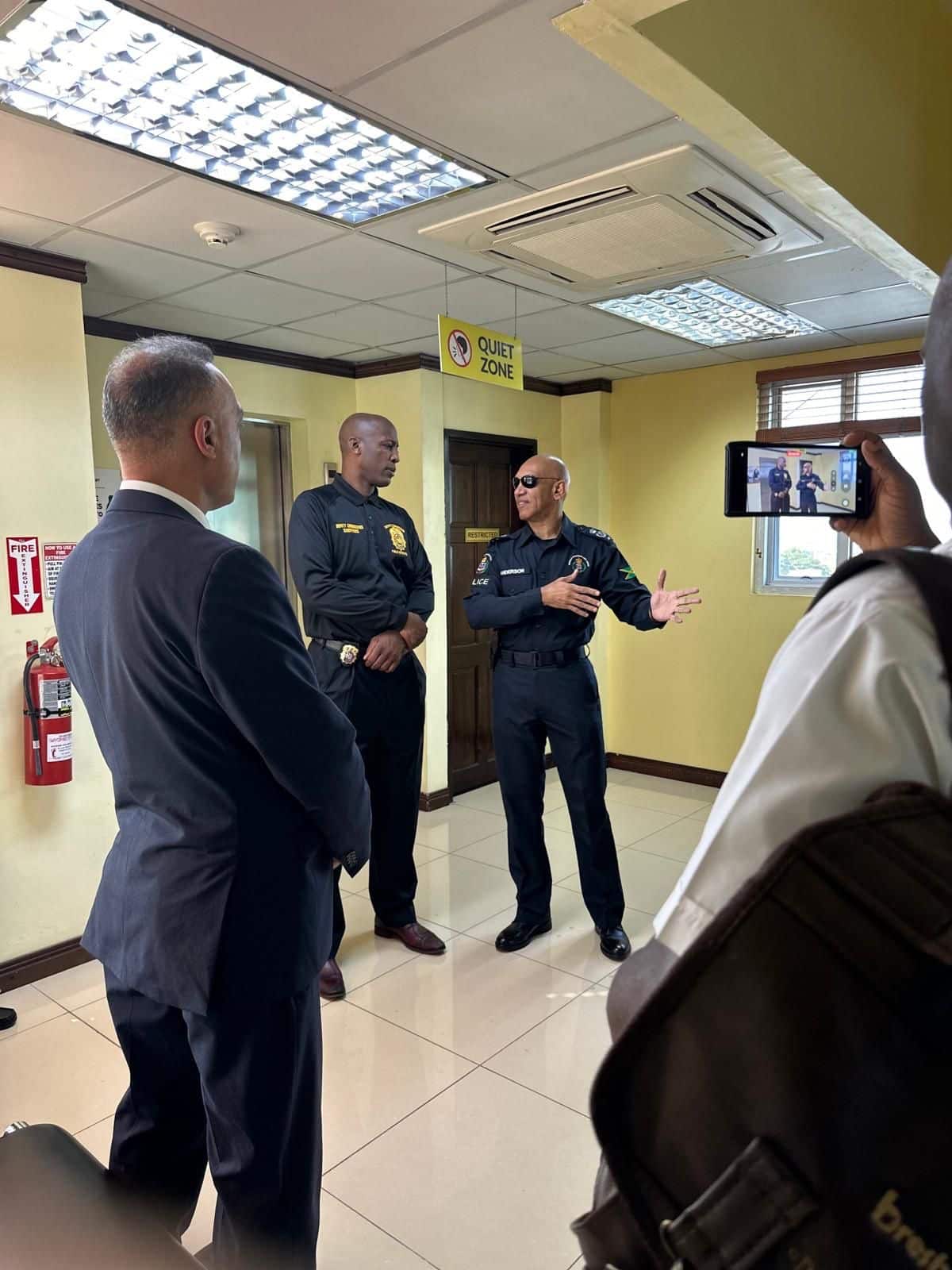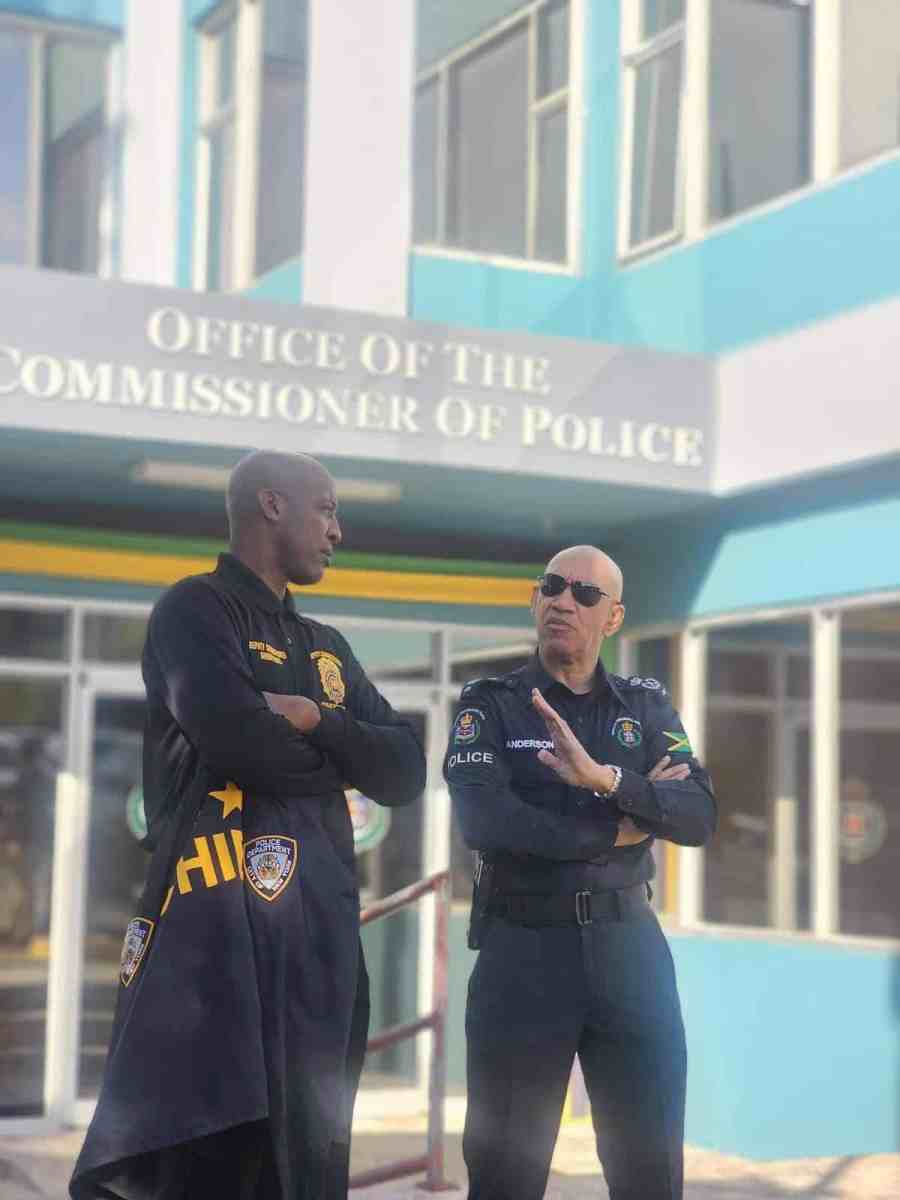The NYPD and Jamaican officials are pushing back against the US Department of State’s Level 3 travel advisory which classified the Caribbean island as unsafe to visit.
In the Jan. 23 alert, the U.S. Department of State Bureau of Consular Affairs advised residents against visiting Jamaica, citing violent crimes and ineffective response times by police as reasons to stay away. The bureau even strongly encouraged those who still want to visit Jamaica to purchase traveler’s insurance.
“Local police often do not respond effectively to serious criminal incidents. When arrests are made, cases are infrequently prosecuted to a conclusive sentence. Families of U.S. citizens killed in accidents or homicides frequently wait a year or more for final death certificates to be issued by Jamaican authorities. The homicide rate reported by the Government of Jamaica has for several years been among the highest in the Western Hemisphere,” part of the advisory said.
This announcement came as a surprise to many officials, including the NYPD, who say they work closely with the Jamaican police by sharing information.
Deputy Commissioner of Public Information Tarik Sheppard took a boots-on-the-ground approach to the ominous advisory, traveling to Jamaica on Feb. 6-9 to meet with police officials and surveying the lay of the land for himself. Sheppard, joined by Jamaica Major General Antony Anderson, spoke to amNewYork Metro via Zoom about his visit.

“We found it a little surprising that all of this is coming out now. Especially since [tourism] is such a critical part in our economic activity,” Anderson said. “It kind of came out of left field. So, I thought it was important that as a commissioner of police, we can say directly to our visitors, be part of the diaspora or wherever, this is a beautiful country to come and visit and stay. You are safe here.”
Sheppard stated that the NYPD faces similar issues when battling perception versus the reality of crime statistics in the Big Apple as well as tourism being a major part in both economies.
“What was striking to me is that perception is an issue that we share. The problem is that you have a very safe area for tourists, that is a very beautiful area for tourists, and yet this information can come out and be interpreted the wrong way and put people in fear,” Sheppard said. “We deal with some of that in New York City as well. We have to share ideas of how to combat that and make sure that people know the right kind of information so that people feel safe.”
Sheppard also railed against sects of individuals who are putting communities at risk.

Jamaica’s Prime Minister Andrew Holness likewise made a public statement pushing back against the State Department advisory, stating that crime is the lowest that it has been in the past 22 years. Anderson stressed that major crime is down 11%, murder reduced by 8%, and rape is down 15%.
The Jamaican police force is about a third of the size of the NYPD, with approximately 14,000 uniformed police officers along with a small auxiliary and civil support team bringing the number to 17,000. Anderson says that gangs target their rivals and even though there are no gun factories on the island, there is a prevalence of gun trafficking.
“We are also very engaged with communities. We are about a third the size of the NYPD, we are a relatively large police force,” Anderson said. “I guarantee when you come here and you visit, you’ll be back. I know when you’ll be back, you’ll tell your friends to come back … if they come down here and there’s something [goes wrong] that’s a simple call to us, and we’ll be there to support whatever is going on.”
Read more: 3 Dead in Brooklyn & Manhattan Shootings
































